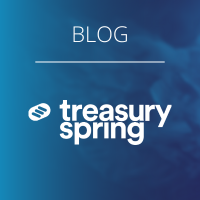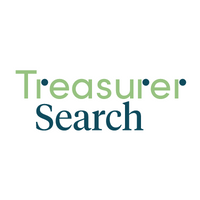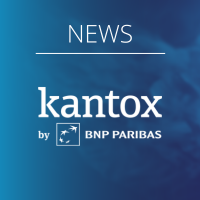A Shift in Bank-Corporate Relationships
The panel began by discussing the evolving dynamics between corporates and banks. As Ole and Bas pointed out, banks are primarily driven by their need to generate a return on capital, which influences their willingness to engage with certain clients and industries. Corporates, in turn, must ensure that they are maximizing value in these relationships, a task that goes far beyond focusing on fees alone. The speakers stressed that a purely transactional view of bank relationships can be limiting; instead, corporates should treat banks as they would any other key supplier.
Data-Driven Bank Management
A recurring theme in the discussion was the importance of having accurate data to better manage banking relationships. Ole introduced the CXFacts platform, which helps corporates gather structured data on the services banks provide. This data is vital for understanding the full picture of the relationship, including service quality, and other key aspects. By using data to benchmark and evaluate banks, corporates are empowered to make informed decisions and maintain a competitive edge in negotiations.
Balancing Lending and Fee Income
Bas highlighted a key aspect of bank evaluation: corporates need to understand the balance between lending and fee income for banks. Often, banks see corporates not just as customers for lending but as opportunities for transaction services. He suggests that treasurers are aware of the bank revenue he or she represents and leverage the fee wallet for assuring sufficient borrowing commitment now and in the future.
Recording
Expanding Horizons Beyond Banks
While the focus of the discussion was on bank relationships, Ole revealed that CXFacts plan to expand their platform beyond banking in 2024. By providing corporates with the tools to manage a broader range of supplier relationships, CXFacts aims to foster data-driven management in all aspects of procurement. The potential for partnerships with established players in the financial and procurement industries was also discussed as a way to enhance these capabilities.
Key Takeaways and Practical Advice
In their closing advice, both Bas and Ole offered practical tips for managing bank relationships. Bas urged corporates to thoroughly read and understand their bank agreements, noting that many overlook critical terms that affect their operations. Ole emphasized the need to “keep banks in a competitive position” by using data effectively to focus relationships on what matters most to corporates. He also underlined the importance of transparency and pushing for better service levels, particularly in areas where corporates are left with time consuming manual tasks such as for instance KYC, manual reconciliation and bank cost analysis.
Highlights:
- Banks prioritize return on capital and evaluate corporate clients based on their ability to deliver business and meet profitability requirements.
- Corporate-bank relationships should be managed like any other supplier relationship, focusing on value, service levels, and transparency.
- Data is essential: platforms like CXFacts enable corporates to collect, analyze, and benchmark banking services to enhance value add, service performance, automation and more.
- Diversifying banking relationships reduces risks and allows corporates to evaluate services beyond pricing, such as online platforms and customer support.
- The future of CXFacts involves expanding its service to include other supplier categories and exploring industry partnerships.
- Practical advice: understand your bank wallet, ensure that you know how much business your banks are earning from you, and use that knowledge to maintain a balanced and fair relationship.
This insightful session left corporate treasurers and CFOs with valuable tools and strategies to optimize their banking relationships and treat banks as strategic partners, rather than just service providers.
For more treasury insights and best practices, stay connected with treasuryXL.










